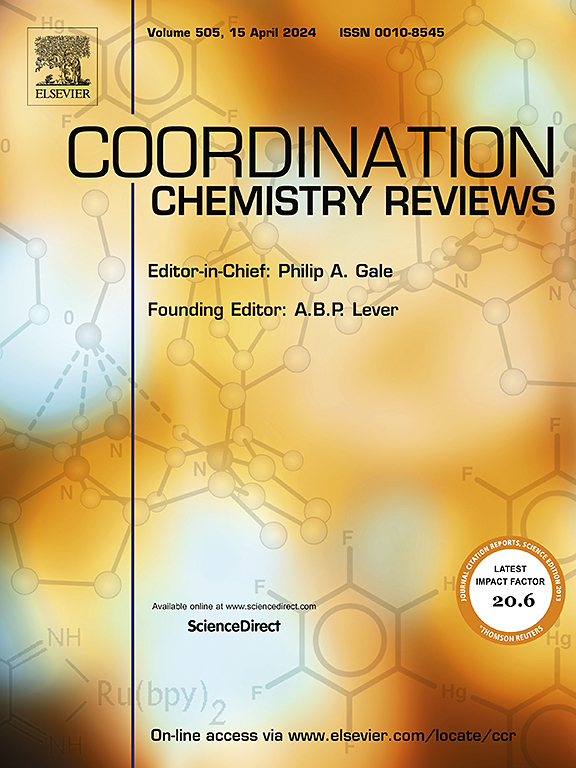Applications of smart responsive nanomaterials in the theranostics of gastrointestinal malignancies: Current status and future perspectives
IF 20.3
1区 化学
Q1 CHEMISTRY, INORGANIC & NUCLEAR
引用次数: 0
Abstract
Gastrointestinal (GI) malignancies remain to be one of the most prevalent malignancies that are often characterized by a dismal prognosis. Nanoplatforms present a groundbreaking avenue for enhancing targeting strategies and multifunctionality in cancer treatment. The emergence of nanotechnology, particularly the innovation of smart responsive nanomaterials, has revolutionized cancer diagnosis and therapy. This review begins by exploring the design principles of smart responsive nanomaterials, focusing on the various exogenous and endogenous stimuli that drive their functionality. Furthermore, we provide a comprehensive summary of the applications of smart responsive nanomaterials in the treatment of GI malignancies over the past five years. Our aim is to contribute to the growing body of knowledge on smart responsive nanomaterials in GI malignancies, spark innovative ideas, and encourage further advancements in this field. Finally, we discuss the prospects and challenges associated with the use of smart responsive nanomaterials in GI malignancies.
求助全文
约1分钟内获得全文
求助全文
来源期刊

Coordination Chemistry Reviews
化学-无机化学与核化学
CiteScore
34.30
自引率
5.30%
发文量
457
审稿时长
54 days
期刊介绍:
Coordination Chemistry Reviews offers rapid publication of review articles on current and significant topics in coordination chemistry, encompassing organometallic, supramolecular, theoretical, and bioinorganic chemistry. It also covers catalysis, materials chemistry, and metal-organic frameworks from a coordination chemistry perspective. Reviews summarize recent developments or discuss specific techniques, welcoming contributions from both established and emerging researchers.
The journal releases special issues on timely subjects, including those featuring contributions from specific regions or conferences. Occasional full-length book articles are also featured. Additionally, special volumes cover annual reviews of main group chemistry, transition metal group chemistry, and organometallic chemistry. These comprehensive reviews are vital resources for those engaged in coordination chemistry, further establishing Coordination Chemistry Reviews as a hub for insightful surveys in inorganic and physical inorganic chemistry.
 求助内容:
求助内容: 应助结果提醒方式:
应助结果提醒方式:


